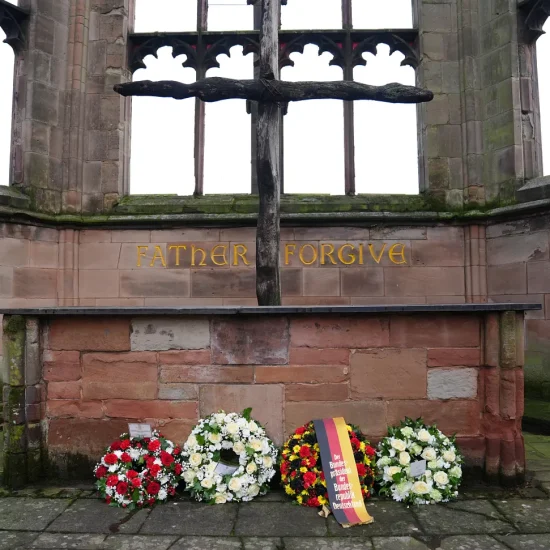
“‘For just as the new heavens and the new earth, which I make, will endure before me,’ declares the LORD, ‘So will your descendants and your name endure.’” (Isaiah 66:22)
A business leader I know loves to say, “Hope is not a strategy.” Point taken. But there’s a problem: Hope is an essential strategy for Christians. As the apostle Paul said, three things abide: faith, hope, and love (1 Corinthians 13:13). Love may be the “greatest,” says Paul, but hope stands in the top three.
The essential point is to recognize that hope is not empty optimism. Empty optimism is just an attitude. No matter how bad things seem, some of us are wired to believe things will turn always turn out fine. No evidence, just a basic outlook.
But like the Talking Heads said, “Feet on the ground, head in the sky.” For Christians, hope has roots. We might even say, hope looks backward. If we have enough hope in someone to start a family with them, or even a business, we’re showing a lot of hope. But we also have enough evidence to know their character. We ground our hope in what we have already experienced.

Cars destroyed during Russian attacks, some painted by artists with sunflowers, are stored in the town of Irpin, Ukraine, on Dec. 16, 2022. (Felipe Dana/Associated Press)
We recall that classic moment when John the Baptist has been imprisoned. He sends disciples to ask Jesus for assurance that he is “the one.” Jesus’s answer to John should be our answer now: “Go and tell John what you hear and see.” Blind people seeing, disabled ones walking, sick ones healed, and the poor hearing good news (Matthew 11:4-6; Luke 7:22-23).
This is our hope: what God has already done and keeps doing, God will bring all the way home (see Philippians 1:6). This is why Israel kept talking about Abraham and Sarah, Moses, and David. If God can call Abraham, redeem Israel from bondage, and establish Israel’s kingdom, we know something about God’s faithfulness.
This is why Isaiah and Revelation return to the creation story — a God who made all things good will surely see things through (see Isaiah 66:22; Revelation 22:1-5). And it’s why early Christians kept talking about the Holy Spirit. If we know God’s power in our own experience, imagine how that power will work itself out (see Romans 8:22-23).
So go ahead, head in the sky. And let’s keep our feet on the ground. That’s hope.
Greg Carey is a professor of New Testament at Lancaster Theological Seminary in Pennsylvania. His books include Using Our Outside Voice: Public Biblical Interpretation, Faithful and True: A Study Guide to the Book of Revelation, and Death, the End of History, and Beyond: Eschatology in the Bible, forthcoming in Westminster John Knox’s Interpretation: Resources series this March.

NOTE: This is part of our Unsettling Advent devotionals running Nov. 27-Dec. 24. You can subscribe for free to receive them each morning in your inbox.






